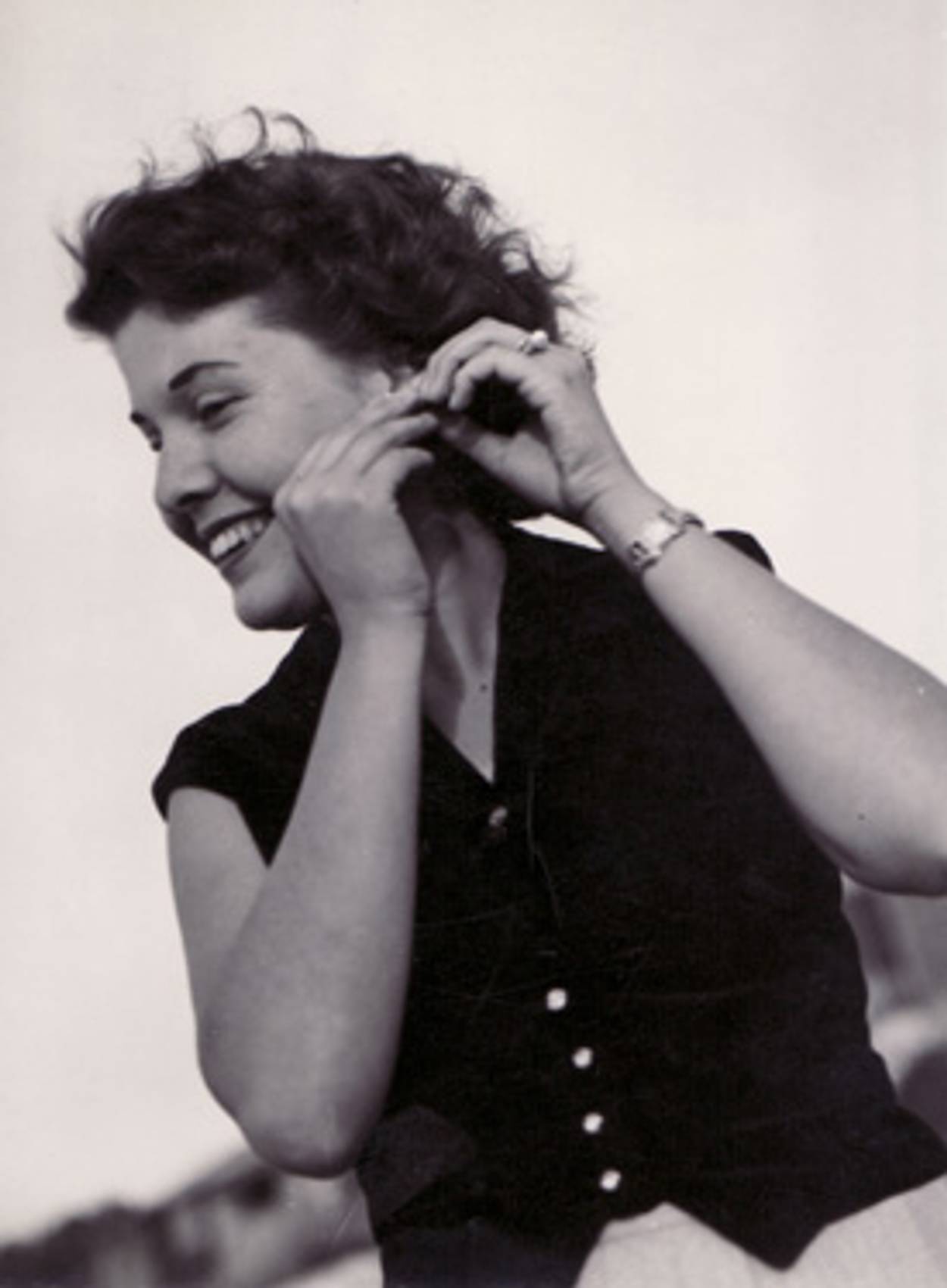Crimes of Passion
Music made her do it




Unlikely as it may seem, there are two outspoken, heavily accented, German-speaking women named Ruth living on the same block in the Fort Tryon section of Manhattan. It turns out they’re both Zionists as well. “Do you see down there where the Israeli flag is in the window?” asks Ruth Unger, 82, pointing out over a bowl of hard candies with seemingly un-removable wrappers. “That’s Ruth Westheimer, you know who she is? The sex lady? I once complained to her—she had the flag and she took it away and I said ‘I want the flag back!’”
Unger is not as famous as her neighbor, but she is driven by an ardor of equal measure toward her own, somewhat less quotidian amusement: classical music. In fact, Unger has an unusual ability to finagle her way into opera; once, on a visit to Moscow under Communist rule, she got into a performance of Don Carlos in a hall at the Kremlin by standing outside murmuring “billetka, billetka” (her logic: “‘billet’ in French is ticket, and I added the ‘ka’” ).
This passion was born during a stint in Israel from the 1930s through the 1960s; for Unger, the Israeli Philharmonic Orchestra, currently on a US tour, was synonymous with music. Growing up there, the Hamburg-native also picked up some choice bits of life philosophy. “When I see Israel on television I start crying,” says Unger, her eyes framed by dramatically penciled-in eyebrows that match the jet-black half moons lining each lid. “For 2000 years, people kicked us in the ass, pardon the expression, and we said thank you. Now we kick first and say go to hell. I think that is a wonderful thing. But the Jews haven’t learned a damn thing. Did you ever read the bible? It hasn’t changed…at that time it was called a golden calf, today it’s called a hedge fund.”
A lively cultural commentator, Unger began applying her cunning toward musical ends in 1936, when the Israeli Philharmonic Orchestra visited Haifa, where Ruth and her family occupied the living room of a one-bedroom apartment they shared with another couple; the bath was on her side, the toilet on theirs. (“I didn’t have my own room—not even my own bed!—until I was 21 years old. When I closed the door…for the first time on my own room—I cannot describe it.”) Had Toscanini and Huberman looked up when they exited their limo in front of the concert hall, they might have noticed the then 10-year-old Unger leaning over a nearby fence trying to catch a glimpse of them.
She committed her first full-scale heist as a teenager in Tel Aviv. “We lived on a street called Nachmany Street, and the hall was on Balfour Street, like 2 blocks over, so I went to the Maaze Street, which was the next one, in the back yard, and I jumped over the fence, and I went in without paying,” she explained. Thus began a virtual career. “I did it a lot. The door was always open—there was no air conditioner or anything—and there was nobody there so I went in and sat down or stood up and nobody cared.”
As it turns out, crime pays—especially when committed in the name of high art. Around the same time, Unger began working at a stationary store owned by an Orthodox man from Frankfurt, who had an unusual bonus system. “He never gave me money, he always paid for me to go to a lecture series on music. After several years in his employ, he upgraded her bonus to a subscription ticket for the Israeli Philharmonic’s performances at a local hall called Ohel. “It was the last seat in the last row, she says. “The first concert I still remember—Ziggy Weisenberg was the pianist and he played Rachmaninoff Piano Concerto Number Two. People wanted to give me anything under the sun so that I should sell them the ticket. I said, ‘No way, I’m going to the concert!’ For nearly 30 years afterwards, Unger reveled in her legitimate patronage, until fate reversed her fortune: “There was a very well-known writer, Ephraim Kishon, he wrote a short story that said when a couple gets divorced, she gets the children and he gets the subscription. Which is the truth!”
Not long ago, Unger, who moved to the United States after her divorce, received a letter from the Israeli Philharmonic Orchestra soliciting money; she sent back a donation, along with a confession of her past trespasses. “I wasn’t sure they would even read it—you know, sometimes they just take out the check and toss aside the rest. But if this tenacious woman was worried about not being noticed, she had little to fear. “I got a letter from Zubin Mehta, she says. “He was very polite.”
Hadara Graubart is the music editor at Nextbook.org.
Hadara Graubart was formerly a writer and editor for Tablet Magazine.